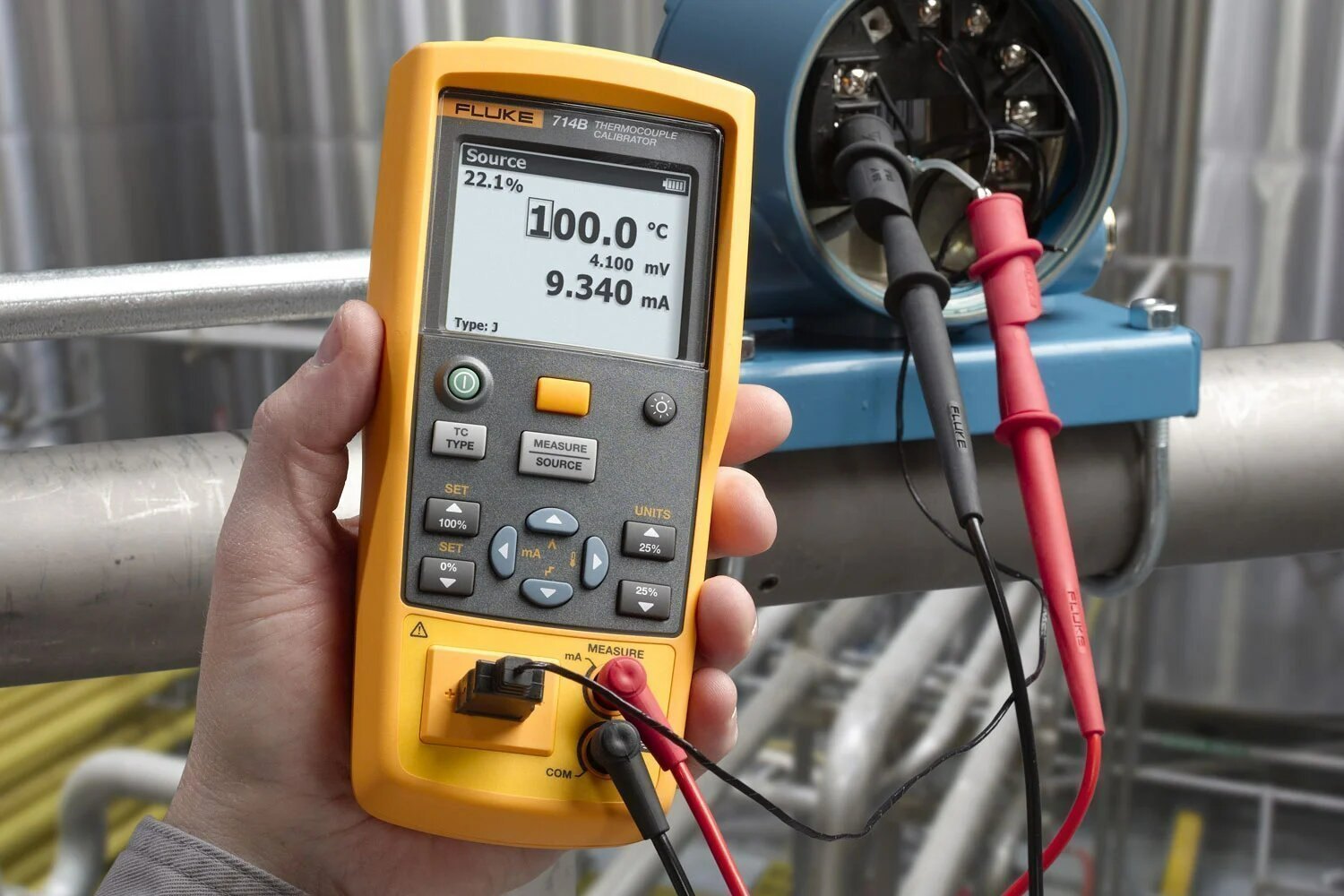
RTD Sensor Calibration in Bangladesh
RTD Sensor Calibration plays a crucial role in ensuring accurate temperature measurement across various industries. RTD (Resistance Temperature Detector) sensors are widely used in power plants, manufacturing industries, food processing units, and laboratories due to their high precision and reliability. However, over time, factors like environmental conditions, continuous usage, and material aging can affect the accuracy of these sensors. This makes regular calibration an essential practice for maintaining operational efficiency and product quality.
Importance of RTD Sensor Calibration
Calibration is the process of comparing a sensor’s readings against a standard reference and making necessary adjustments to eliminate errors. Inaccurate temperature measurements can lead to production losses, equipment damage, safety hazards, and compliance issues. For industries in Bangladesh, maintaining precise temperature monitoring is especially critical in sectors like pharmaceuticals, chemicals, food processing, and energy.
RTD sensors are highly sensitive to resistance changes caused by temperature fluctuations. Even a minor deviation can impact the overall process, leading to inconsistencies in quality. Professional calibration services help ensure that RTD sensors maintain their accuracy, reliability, and long-term performance.
RTD Sensor Calibration Services in Bangladesh
In Bangladesh, industrial growth has increased the demand for accurate instrumentation and measurement solutions. Companies need trustworthy service providers who offer reliable calibration for RTD sensors. Pico Labs Ltd. stands out as a leading provider of calibration services, offering precise and timely solutions for all types of RTD sensors. Our team uses advanced calibration equipment and adheres to international standards, ensuring your sensors deliver the most accurate readings possible.
Whether it is a small laboratory setup or a large industrial plant, regular calibration helps maintain operational safety and efficiency. Pico Labs Ltd. not only provides calibration but also offers consultancy to help industries implement proper sensor maintenance schedules, reducing downtime and extending the lifespan of their instruments.
Benefits of Choosing Professional RTD Sensor Calibration
-
Accuracy: Professional calibration ensures your RTD sensors are accurate and reliable, minimizing errors in critical processes.
-
Compliance: Stay compliant with local and international standards, avoiding regulatory issues.
-
Cost-Efficiency: Proper calibration prevents costly equipment failures and reduces wastage.
-
Enhanced Performance: Well-calibrated sensors improve the efficiency of processes, guaranteeing quality outcomes.
-
Longevity: Regular calibration prolongs the life of RTD sensors, providing better ROI on your investments.
Why Pico Labs Ltd. is the Preferred Choice
As a trusted name in electrical and industrial calibration services, Pico Labs Ltd. has served multiple industries across Bangladesh. Our commitment to precision, reliability, and customer satisfaction makes us the go-to provider for RTD sensor calibration. With our state-of-the-art facilities and experienced technicians, we ensure every sensor we calibrate meets international accuracy standards.
Investing in regular RTD sensor calibration not only safeguards your industrial processes but also enhances the overall productivity of your operations. With Pico Labs Ltd., you get a reliable partner dedicated to maintaining the highest standards of measurement accuracy in Bangladesh.
